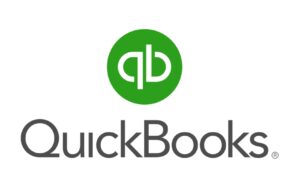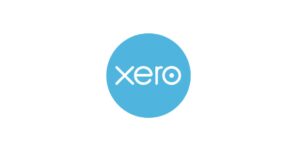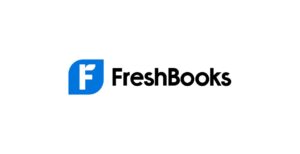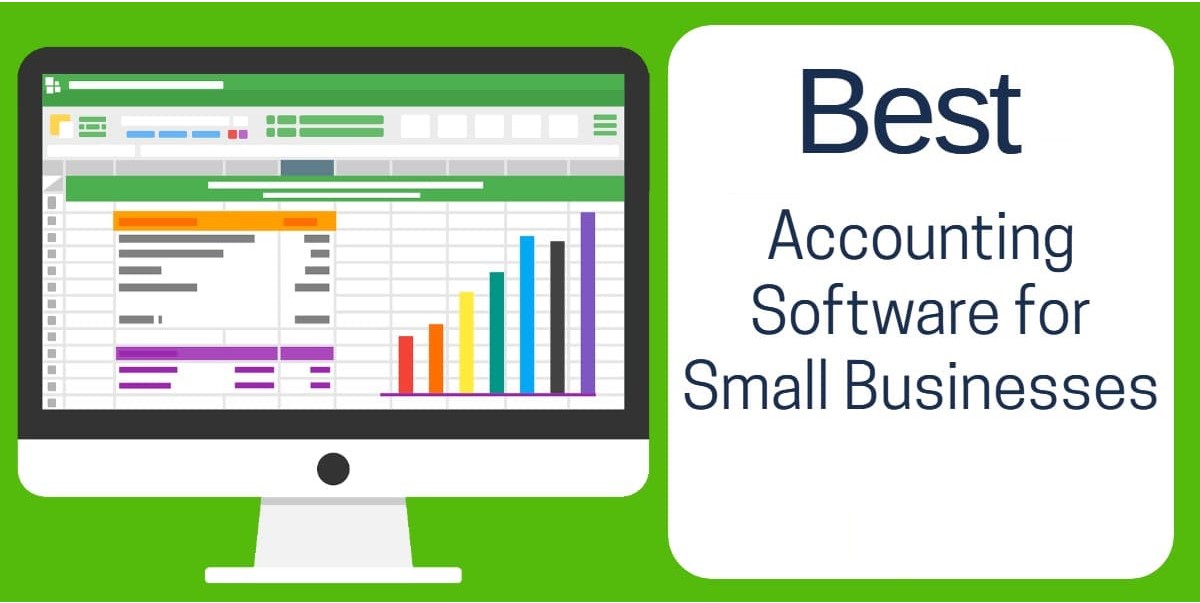In today’s fast-paced business environment, selecting the right accounting software is crucial for small businesses. Efficient financial management can make the difference between success and failure, and the right software not only simplifies bookkeeping but also offers insights that can drive your business forward. However, with a plethora of options available, how do you find the best accounting software for your small business? This guide will walk you through everything you need to know.
1. Understanding Your Business Needs
1.1 Evaluating Your Business Size and Complexity
Every small business is unique, and so are its accounting needs. Start by evaluating the size and complexity of your operations. A sole proprietor with minimal transactions may only need basic bookkeeping tools, while a growing enterprise with multiple revenue streams may require more advanced features.
1.2 Industry-Specific Requirements
Certain industries have unique accounting needs. For example, construction businesses might require project-based accounting, while retail businesses could benefit from software with inventory management capabilities. Understanding these industry-specific requirements is key to selecting the right software.
1.3 Budget Considerations
Your budget plays a significant role in your decision. Determine how much you’re willing to spend on accounting software. Remember that while free or low-cost options might seem attractive, they may lack essential features or scalability.
2. Key Features to Look For in Best Accounting Software
2.1 Invoicing and Billing
Efficient invoicing and billing are critical for maintaining cash flow. Look for software that allows you to create professional invoices, automate billing processes, and track payments easily.
2.2 Expense Tracking
Good accounting software should offer robust expense tracking features. This includes the ability to categorize expenses, upload receipts, and monitor spending patterns.
2.3 Financial Reporting
Financial reports provide insights into your business’s financial health. The software should generate key reports such as profit and loss statements, balance sheets, and cash flow statements with ease.
2.4 Tax Preparation and Compliance
Tax compliance is a major concern for small businesses. Look for software that simplifies tax preparation by organizing your financial data, generating tax reports, and even offering tax filing services.
2.5 Payroll Management
If you have employees, payroll management is another critical feature. The software should handle payroll processing, tax calculations, and ensure compliance with local labor laws.
2.6 Integration with Other Tools
Consider software that integrates seamlessly with other tools you use, such as CRM systems, e-commerce platforms, or payment processors. This ensures that your accounting software works well within your existing ecosystem.
2.7 Scalability
Your business may grow, and so should your accounting software. Choose a solution that can scale with your business, offering more features and capabilities as your needs evolve.
3. Comparing Best Accounting Software Options
3.1 QuickBooks Online

QuickBooks Online is one of the most popular choices among small businesses. It offers a wide range of features, including invoicing, expense tracking, and robust financial reporting. QuickBooks also integrates with numerous third-party apps, making it a versatile option.
3.2 Xero

Xero is known for its user-friendly interface and strong feature set. It’s particularly popular among businesses that need strong invoicing capabilities and excellent integration options. Xero also offers advanced features like multi-currency support, which can be beneficial for businesses operating internationally.
3.3 FreshBooks

FreshBooks is designed with small business owners in mind. It’s particularly strong in invoicing and time tracking, making it a great choice for service-based businesses. FreshBooks also offers easy-to-understand financial reports and integrates with several other tools.
3.4 Wave

Wave is a free accounting software option that offers basic features like invoicing, expense tracking, and financial reporting. While it may not have as many advanced features as paid options, it’s a solid choice for freelancers or very small businesses on a tight budget.
3.5 Zoho Books

Zoho Books is part of the larger Zoho suite, making it ideal for businesses already using Zoho’s other tools. It offers comprehensive accounting features, including inventory management, making it suitable for retail businesses.
4. How to Test and Evaluate Accounting Software
4.1 Utilize Free Trials
Most accounting software providers offer free trials. Take advantage of these to test the software’s features and see how well it fits your business needs.
4.2 Consider User Experience
User experience (UX) is crucial. The software should be easy to navigate, with a clean interface and intuitive controls. If the software is difficult to use, it could lead to mistakes and inefficiencies.
4.3 Check Customer Support
Good customer support is vital, especially if you’re not familiar with accounting. Check whether the software provider offers live chat, email, or phone support. Also, consider the availability of training resources and community forums.
4.4 Read Customer Reviews
Before making a final decision, read customer reviews to learn from the experiences of other small business owners. Look for feedback on ease of use, reliability, and customer support.
5. Making the Final Decision
5.1 Prioritize Your Must-Have Features
After testing various options, make a list of the must-have features for your business. This will help you prioritize which software aligns best with your needs.
5.2 Consider Long-Term Value
While cost is important, also consider the long-term value of the software. Will it save you time? Can it grow with your business? Investing in the right software can pay off in the long run.
5.3 Plan for Implementation
Once you’ve selected the software, plan for its implementation. This includes setting up the software, migrating your existing data, and training your team on how to use it.
6. Common Pitfalls to Avoid
6.1 Choosing Based Solely on Price
While budget is important, don’t choose software solely based on price. Cheap software might lack essential features or have poor customer support, leading to more costs in the long run.
6.2 Ignoring Integration Needs
Failing to consider integration with other tools can lead to inefficiencies. Ensure the software can connect with your existing systems to streamline your operations.
6.3 Overlooking Future Needs
Your business will grow, and your software should grow with it. Don’t choose a solution that only meets your current needs. Think ahead and opt for scalable software.
7. Frequently Asked Questions About Best Accounting Software
7.1 What is the best accounting software for small businesses?
The best accounting software depends on your specific needs. QuickBooks Online, Xero, and FreshBooks are all popular options that cater to different requirements.
7.2 How much does Best Accounting Software typically cost?
Costs vary widely. Some basic tools like Wave are free, while others like QuickBooks Online can range from $25 to $150 per month, depending on the features.
7.3 Can I switch accounting software easily?
Switching software can be challenging, especially if you have a lot of data. However, many providers offer migration tools or services to help with the transition.
7.4 How important is customer support for Best Accounting Software?
Customer support is crucial, especially if you’re not familiar with accounting. Good support can help you resolve issues quickly and prevent costly mistakes.
7.5 What features should I prioritize in Best Accounting Software?
Key features to prioritize include invoicing, expense tracking, financial reporting, and tax preparation. Depending on your business, payroll management and integration capabilities might also be important.
7.6 Do I need industry-specific accounting software?
If your industry has specific accounting needs (e.g., project-based accounting for construction), it might be beneficial to choose software tailored to those requirements.
Concluding Remarks on Best Accounting Software
Finding the best accounting software for your small business is a critical decision that can significantly impact your financial management and overall business success. By carefully evaluating your needs, considering key features, and testing different options, you can select software that not only meets your current requirements but also supports your growth.
Remember, the right software is an investment in your business’s future, providing you with the tools you need to manage your finances efficiently and confidently.
More Exciting On Freethegeek.fm
Gimkit Host: Essential Guide for Effective Game Management
